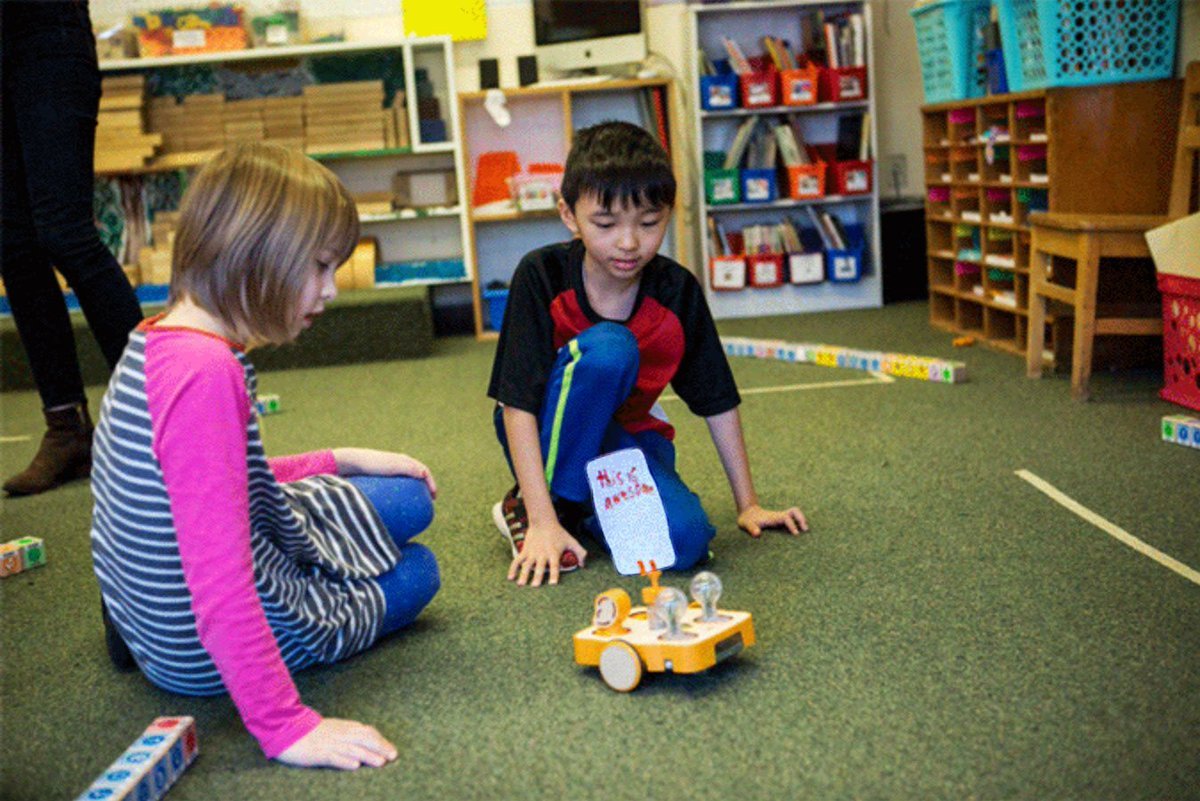There’s nothing quite as relaxing, and mind-stimulating as sitting down with a 1,000-piece puzzle and getting every piece into its rightful position. Adults have long-enjoyed the process of putting a puzzle together.
What many people don’t realize, however, is how beneficial puzzles can be for kids, as well. Regardless of if you choose a simple puzzle, with large animal-shaped pieces, or one of the beautiful Christmas jigsaw puzzles available, the mind-stimulating, learning benefits offered are significant.
Keep reading to learn about the many benefits that puzzles have to offer.
Cognitive Skills
Puzzles can be purchased in a wide array of topics and themes. You will find everything from vegetables and alphabet letters, to colors and pets. The options are virtually endless.
Regardless of what shape or theme you choose, when your child does a puzzle, it can help increase their visual awareness, while helping them develop a more in-depth understanding of these topics and themes. Remember, all children learn differently and for some, puzzles may help them grasp information – such as the alphabet – more easily. In the long run, this will help with cognitive development, which can help children get ahead in school.
Problem Solving Skills
Finishing a puzzle, even a simple puzzle, sets the goal to achieve. Children and toddlers have to think while developing strategies on how they can approach the puzzle and reach this goal.
The process of putting together a puzzle the right way requires reasoning skills, problem-solving skills and makes them develop solutions that they can then use later in life.
Build Eye-Hand Coordination
For younger children, wooden puzzles can help them improve their eye-hand coordination. The ability to coordinate what the mind wants to do, what the eyes see, and what the hands are capable of takes quite a bit of practice.
With puzzles, your child has a way to practice this skill, independently and when they are successful, enjoy the sense of accomplishment it provides.
Social Competence
Puzzles, being a great developmental tool, can promote and enhance cooperative play. When children work together to finish a puzzle, they will talk about where each piece needs to go and why. They will also learn to take turns, share and provide support to one another when someone becomes frustrated.
The best part of children doing a puzzle together is the fact they get to share the feeling of achievement when the puzzle is complete.
Improved Self-Esteem
When a child finishes a puzzle, they are going to get that amazing sense of satisfaction that goes along with a job well done. Being able to adequately respond to the challenges that are involved with solving a puzzle gives any child a sense of achievement and great pride.
As a result, the simple act of completing a puzzle can help to boost a child’s self-esteem and self-confidence. It can also help to prepare them for other challenges they face in their life.
Developing Persistence
When your child works on a puzzle until it is done, and they finally complete the puzzle, this is helping to develop their persistence. After the puzzle is done, they know that hard work pays off.
If you are searching for the perfect present for a child in your life, consider a puzzle. There are countless benefits offered by jigsaw puzzles and a child in your life will get hours of fun from this learning toy.
- How Primary Care Doctors Are Your First Line of Defense - December 23, 2024
- Live-In Caregiver Jobs: Providing Support, Building Bonds - December 19, 2024
- Caring for Your Porcelain Veneers: Tips for a Lasting Smile - November 12, 2024
